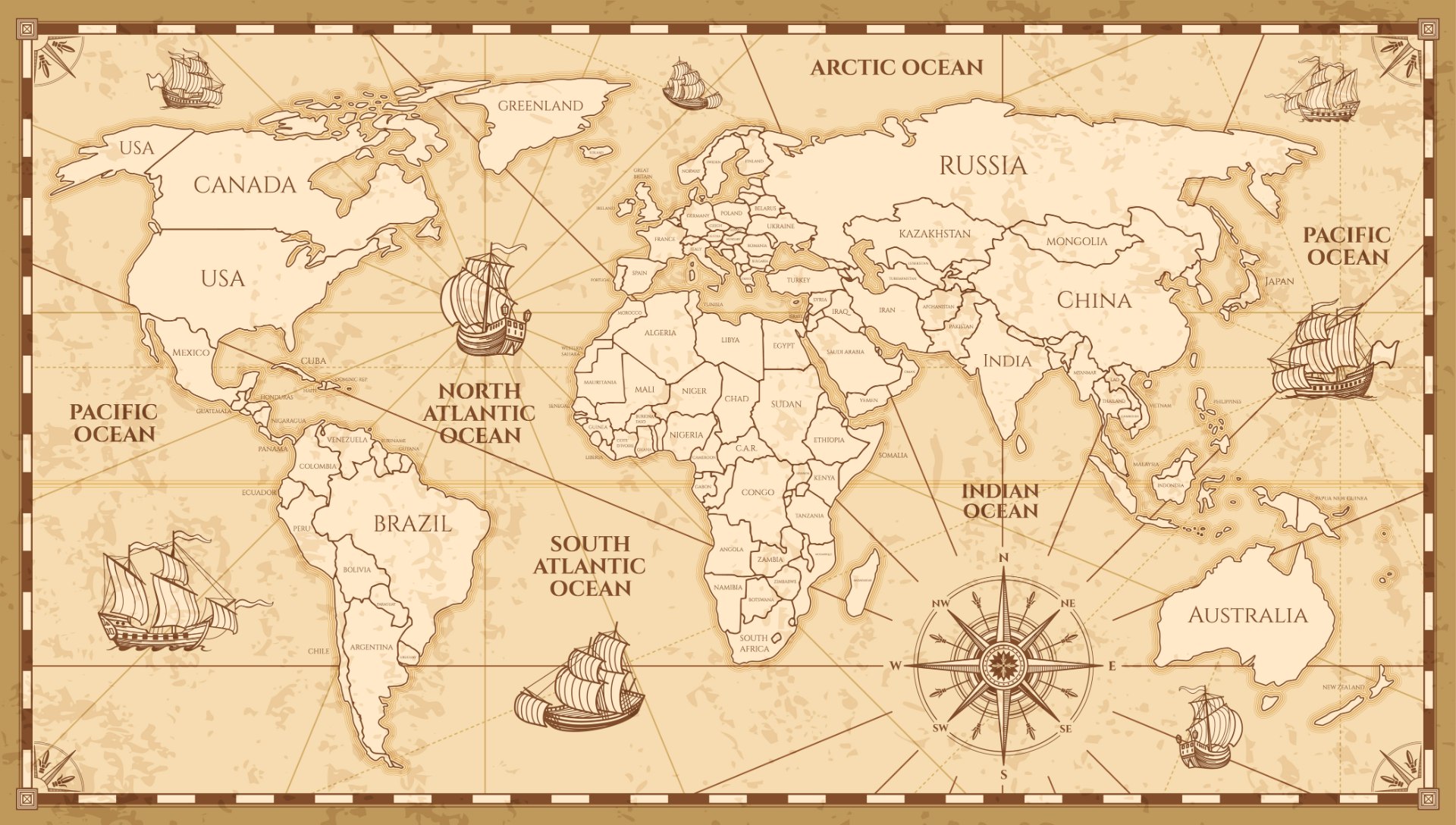Do we give water the care it deserves?
Water is a limited resource on our planet, so using it sustainably is essential to try to halt climate change
Water is one of the planet's most important resources. Responsible water use is essential in the current situation. Keeping seas and oceans healthy is crucial in order to protect the environment and to move towards a sustainable development model.
Water is the source of life, the substance that enables all living things to survive and develop — including human beings. This is an obvious point but it should not be understated given the rate at which the global population has grown in recent decades, from 1.5 billion to more than 7.7 billion people in little more than a century. The same has happened with water. Fresh water withdrawals have increased six-fold since the beginning of the 20th century, raising the question of whether we are using the water that we have sustainably.
Are we using water sustainably?
We can answer "yes" to this question if less water is withdrawn than nature itself is capable of replenishing. The aim is to maintain sustainable levels of water resources, an important water shortage indicator. If countries use water much faster than it is replenished, resources begin to decline. This is precisely the situation that is beginning to arise in some countries where water stress and water shortage are becoming a reality due to increases in population and, consequently, in agricultural and industrial activity.
Countries such as Saudi Arabia, Egypt, the United Arab Emirates, Syria, Pakistan and Libya have withdrawal rates well above 100 %, meaning that they are withdrawing water unsustainably from lakes and rivers, or that they produce some of their fresh water through desalination.
The impact of the climate crisis on available water
Climate change is impacting the amount of water available for human consumption, making access to this resource that is vital to the world more difficult and unbalanced. This is why there is an intimate link between water stress and climate change. The increasing frequency and severity of extreme events such as heat waves, torrential rainfall, thunderstorms, cyclones, typhoons and hurricanes are making societies increasingly vulnerable to water-related disasters.
Around 74 % of all natural disasters between 2001 and 2018 were water-related and, over the past 20 years, more than 3 billion people have been affected by floods and droughts, according to the UN's latest report. As the effects of global warming worsen, access to this asset is becoming increasingly difficult. According to the Global Burden of Disease study, 1.23 million people died prematurely in 2019 due to a lack of safe drinking water.
Water is the basis of all life and using it sustainably is a key challenge. The climate crisis is increasingly depleting our available water levels but, fortunately, innovations are emerging and helping us to address this problem and place water at the centre of sustainable development.







